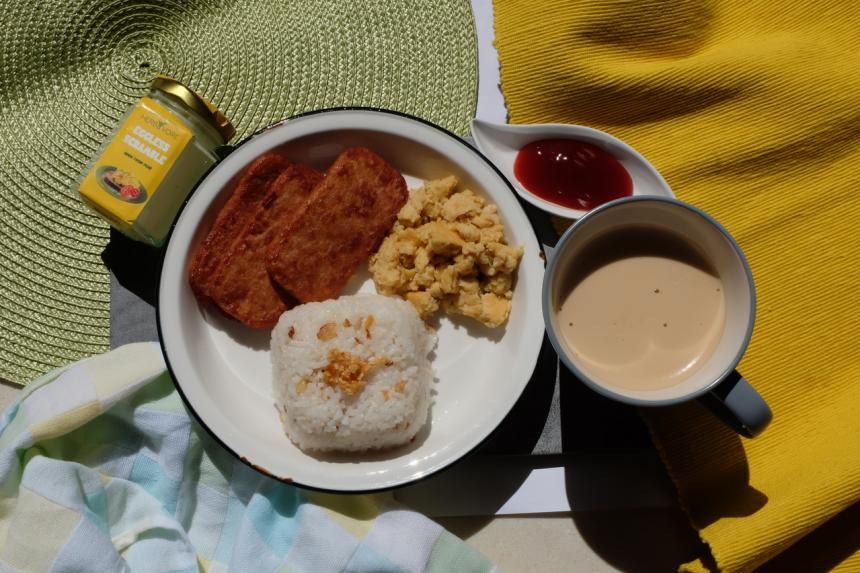SINGAPORE (The Straits Times/Asia News Network): Scientists in Singapore are working to extract protein from crushed peas and legumes more efficiently to make better and healthier plant-based meats and cheeses.
Such protein, the star ingredient of plant-based meat and dairy alternatives, can be compromised by traditional processing methods.

Chemicals and heat used to extract the protein may cause its structure to unravel, affecting the protein’s ability to give shape to plant-based meat and dairy products.
Therefore, less healthy ingredients such as sodium, oils and fillers such as carbohydrates are added to the products to help boost the resemblance of the vegan products to the real deal.
The resource-intensive protein extraction process also uses huge amounts of water.
Scientists at the Singapore Institute of Technology (SIT) and a home-grown agricultural supply chain company are looking to fix these issues with a four-year research tie-up.
The university and Agrocorp International will test novel technologies to optimise the protein extraction process and make it greener, while recovering more high-quality protein compared with traditional methods.
Food scientists from both sides are also working on expanding their range of plant-based food.
Their first product – cottage cheese made from peas – is being sold under Agrocorp’s HerbYvore brand. They are currently scaling up other products including cream cheese and cheddar made from yellow peas, and liquid egg made from mung beans.
The scientists believe this is Singapore’s first research programme that aims to optimise the plant protein extraction process.
To do this, the scientists will give yellow peas a small “electric shock” to create holes in their cell walls so that the protein molecules can be easily teased out.
A machine known as the Pulsed Electric Field will apply short electrical pulses of high voltage to the peas.
SIT’s vice-president of applied research Susanna Leong, who is heading the research programme, said the process requires low energy.
The yellow peas, also known as split peas, will be sourced from Agrocorp. The team may also extract proteins from fava beans, mung beans and chickpeas.
In another extraction method, the researchers add enzyme mixtures into a reactor containing crushed peas. The enzymes will break down plant cell walls and help to selectively remove proteins, said Associate Professor Leong.
“Traditionally, you have to use a lot of sodium hydroxide and acid to recover the proteins. The enzyme-based method aims to eliminate the need for chemicals,” she added.
Agrocorp director of strategic investments Vishal Vijay said copious amounts of water are needed to wash away the chemicals from the protein powder produced by the company’s processing facility in Canada.
He said about 10 tonnes of water are needed to produce one tonne of plant protein, but the enzyme-based extraction can slash the amount of water needed by up to 70 per cent.
When water usage is lowered, cost is also reduced, he added.
The new process can also extract more protein from the raw peas, compared with conventional methods that tend to lose about 40 per cent of protein in the extraction process, he noted.
Improving the extraction process through greener methods brings down ingredient costs, helping Agrocorp reach its goal of matching its plant-based food prices with those of ordinary cheese and meat.
A 250g block of HerbYvore pea cottage cheese – or paneer – costs about $7 while ordinary paneer costs about $5, said Vishal.
Article Credits: The Star